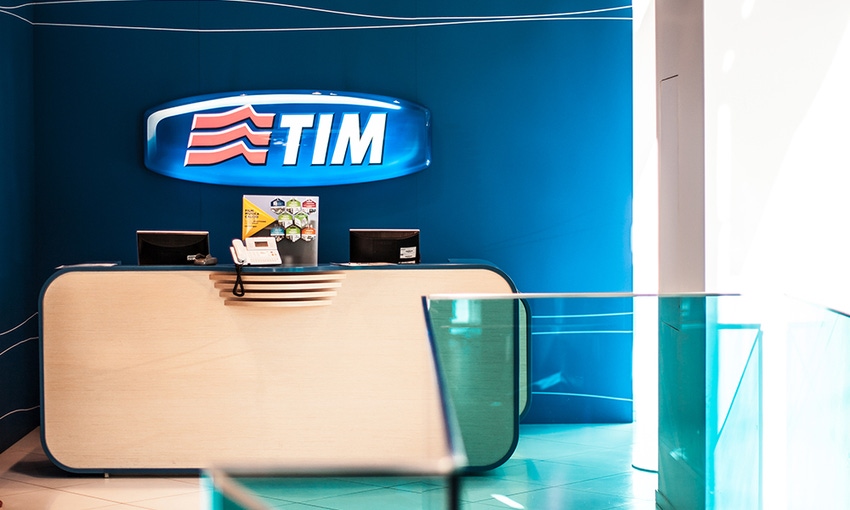Telecom Italia is considering its options for its various subsidiaries after revenues slipped over the first six months of 2018, while the Italian 5G auctions hover on the horizon.
July 25, 2018

Telecom Italia is considering its options for its various subsidiaries after revenues slipped over the first six months of 2018, while the Italian 5G auctions hover on the horizon.
Earnings before interest, tax, depreciation and amortisation (EBITDA) fell 4.8% to €3.92 billion over the six month period while total revenues declined 2.7% to €9.51 billion. While the domestic business held steady for the moment, a slight year-on-year increase of 0.3%, the damage was done in the international wholesale business, down 5.7%, and in Brazil where revenues dropped 12.5%.
The long-term thinkers in the Italian business will now be under pressure. The convergence aspect of the business might be performing well enough, TIM quotes a 14% quarter-on-quarter increase in customers here, but the voices shouting about short-term share price and dividends will only be getting louder. According to Reuters, several conversations are underway to offload assets which would not be considered core to the business. Specific names have not been confirmed by TIM, though the management team has explicitly stated the Brazilian business is not up for sale in the past, and neither is its tower unit.
TIM does have minor brands in Italy, as well as stakes in broadcasting businesses and cable assets, though this diversification could come under threat as vocal investors start to gain a strangle hold on the fortunes of the business. Elliott has already drummed enough support to dominate the board of directors, though with these results falling below par, there might be enough ammunition for the activist investor to make a meaningful impact on the broader strategy.
The two sides of the argument are relatively simple. Vivendi is championing a long-term business model, which focuses on enhancing assets and the convergence business model. It might not be the most profitable in the short-term, but it is certainly one which would create a solid foundation for the telco in the future. Elliott on the other hand is acting exactly how you would expect; it is a vulture fund which focuses on identifying under-performing business and increasing share price in the short-term. The activist investor wants to trim costs and off-load assets to increase the dividend and share price.
One strategy is better for making money in the short-term, the second will create a business with an appropriate foundation to compete in the digital era. Unfortunately, with these results falling short of expectations, the short-term business plan might have been given more impetus.
The big complication here is CEO Amos Genish. Genish backs the long-term, convergence orientated business model, and any deviation would not be well received. There have been uncomfortable stand offs over the last couple of months, with some speculating Genish may walk should the board vote against the long-term strategy. Losing another CEO would be a disaster for TIM. This is a precarious position.
About the Author(s)
You May Also Like








.png?width=300&auto=webp&quality=80&disable=upscale)


_1.jpg?width=300&auto=webp&quality=80&disable=upscale)


.png?width=800&auto=webp&quality=80&disable=upscale)